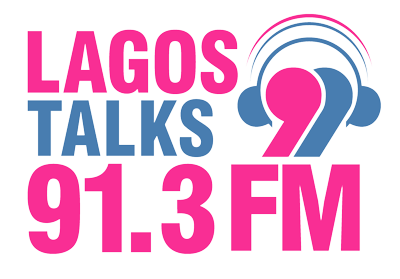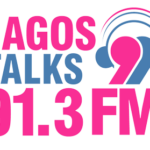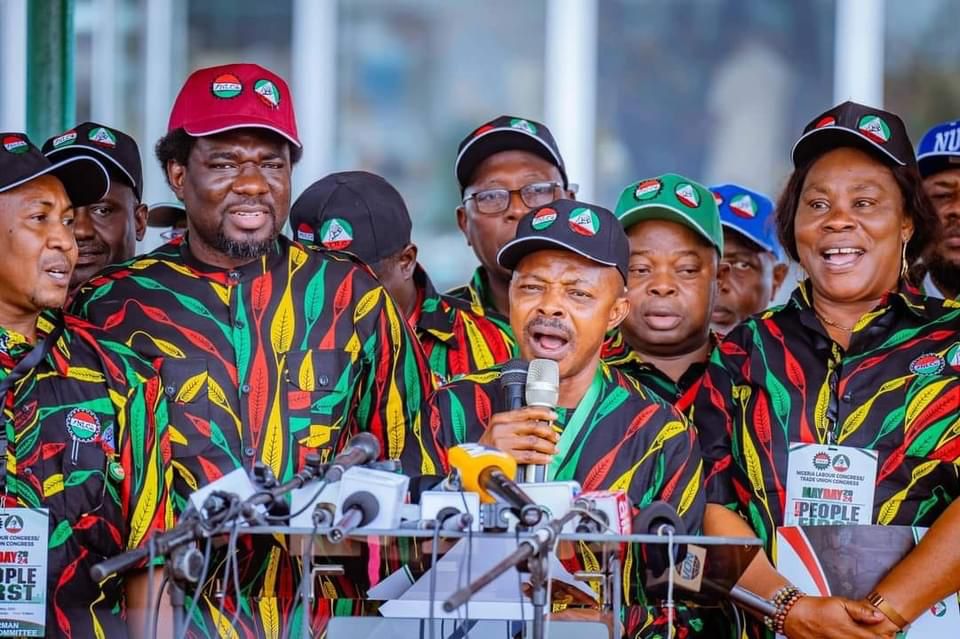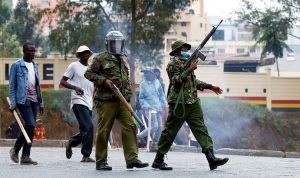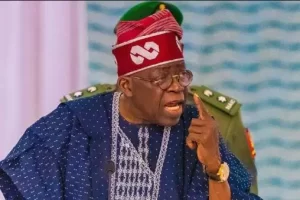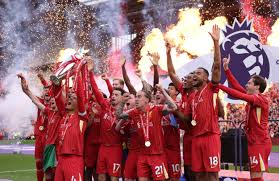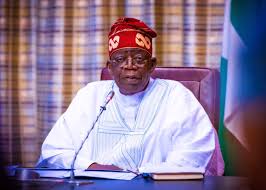Many unions have halted their operations in response to the directive from the two major labor unions to initiate an indefinite nationwide strike. This action was announced last Friday, prompted by the Federal Government’s refusal to raise the proposed minimum wage from N60,000. Joe Ajaero, President of the Nigeria Labour Congress, stated that the strike would begin at midnight on Sunday, June 2, 2024.
In a joint announcement, Ajaero and Festus Osifo, President of the Trade Union Congress, expressed their serious concerns and disappointment over the government’s failure to finalize and enact a new National Minimum Wage Act. Additionally, they demanded a rollback of the electricity tariff hike to N65/kWh. The unions had previously set a deadline of May 31, 2024, for these negotiations.
Negotiations between the organized labor and the government broke down last Tuesday, with both sides unable to reach an agreement. The government had raised its initial offer from N57,000 to N60,000, but this was rejected by the labor unions. In response, labor reduced its demand from N497,000 to N494,000, yet no consensus was reached.
The Academic Staff Union of Universities (ASUU) has also joined the strike. In a statement from ASUU President Emmanuel Osodeke, university lecturers nationwide were instructed to participate as an affiliate of the congress. The statement emphasized the indefinite strike, beginning on June 3, 2024, due to the government’s failure to renegotiate the minimum wage and reverse the electricity tariff hike.
On Sunday, aviation unions instructed their members to cease services across all Nigerian airports. The unions involved include the National Union of Air Transport Employees, Air Transport Services Senior Staff Association of Nigeria, Association of Nigerian Aviation Professionals, and National Association of Aircraft Pilots and Engineers. They announced, “Starting from 0000hrs on June 3, 2024, all services at Nigerian airports will be fully withdrawn until further notice.”
The following unions have joined the strike:
1. Academic Staff Union of Universities
2. Maritime Workers’ Union of Nigeria
3. National Union of Electricity Employees
4. National Union of Banks, Insurance and Financial Institutions Employees
5. Judiciary Staff Union of Nigeria
6. Joint Union Action Committee
7. Nigeria Union of Teachers
8. National Associations of Nigeria Nurses and Midwives
9. Joint Health Sector Unions
10. Amalgamated Union of Public Corporation, Civil Service Technical and Recreational Services Employees
11. National Union of Civil Engineering, Construction, Furniture and Wood Workers
12. Medical and Health Workers Union of Nigeria
13. National Union of Petroleum and Natural Gas
14. Nigeria Union of Railway Workers
15. Nigeria Civil Service Union
16. Association of Nigeria Aviation Professionals
17. Academic Staff Union of Colleges of Agriculture
18. Senior Staff Association of Nigerian Universities
19. Senior Staff Association of Statutory Corporations and Government-Owned Companies
20. Petroleum and Natural Gas Senior Staff Association of Nigeria
21. Nigerian Union of Journalists
22. Senior Staff Association of Nigeria Polytechnic
23. National Union of Food, Beverage and Tobacco Employees
24. Nigeria Union of Local Government Employees
25. Iron and Steel Senior Staff Association of Nigeria
26. National Union of Air Transport Employees
27. Air Transport Services Senior Staff Association of Nigeria
28. National Association of Aircraft Pilots and Engineers
29. National Union of Postal and Telecommunication Employees
30. Parliamentary Staff Association of Nigeria
31. Senior Staff Association of Universities, Teaching Hospitals, Research Institutes and Associated Institutions
32. The Parliamentary Staff Association of Nigeria
However, the Federal Government has announced President Bola Tinubu’s commitment to establishing a national minimum wage above ₦60,000.
This commitment was revealed by George Akume, Secretary to the Government of the Federation, following an extensive meeting with labour leaders in Abuja late Monday.
The meeting included prominent figures such as the President of the Nigeria Labour Congress (NLC), Joe Ajaero, and the President of the Trade Union Congress (TUC), Festus Osifo. Government representatives included Akume, Minister of Information Mohammed Idris Malagi, and Labour Minister Nkiruka Onyejeocha.
“The President is committed to a national minimum wage that is higher than ₦60,000,” Akume stated, reflecting the government’s position amidst ongoing negotiations and the current strike.
